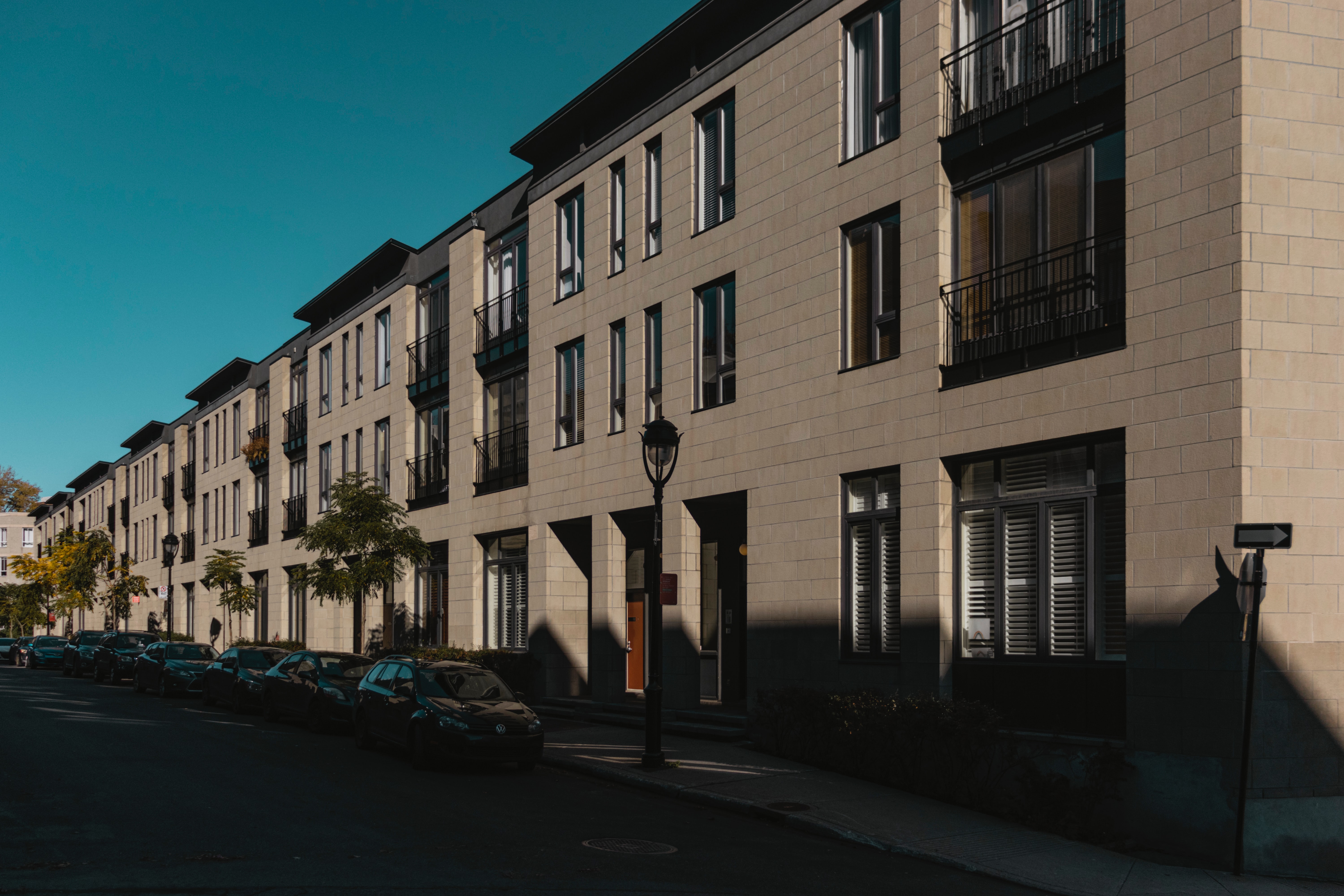
According to certain provisions of Bill 16 which came into effect January 10, 2020, all syndicates of co-owners (boards of directors for condominium associations) are obliged to conduct a reserve fund study every five years. The study must be carried out by a professional recognized for this purpose, such as an architect or engineer. In addition, the provisions stipulate that the amount of each co-owner’s annual contribution to the fund be determined based on the recommendations contained in the reserve fund study, which serve to determine the sums necessary for the fund to cover the costs of major repairs to common areas and the replacement of common equipment.
CondoLégal specifies that: “This [reserve fund] study should provide, over a 30 year period, the financial resources necessary to carry out the work in the co-ownership.” And CondoLégal warns that a shorter time horizon for the study may lead to excluding certain components from the calculation (roof and windows, for example), thus distorting the data.
What part does a reserve fund study play in the sound management of your condominium?
Is your condominium association aware of the work that will have to be done in 5 years? 10 years? 20 years? 30 years? Does it have the knowledge necessary to properly estimate the costs of repairs and replacement? A reserve fund study is an essential tool, equipping the association to fully accomplish its mission of overseeing and maintaining all common areas and equipment.
A reserve fund study (also called a contingency fund study) is an integral part of the asset management plan for your building. This plan focuses on the health of the building to ensure a high quality of life for residents in terms of safety and well-being.
Additionally, a thorough and detailed study enables a condo association to top up a contingency fund found to be inadequate. Bill 16, requires the board of directors of an existing condominium to make up any shortfall within a maximum of 10 years. Conducting a reserve fund study sooner, rather than later, allows for incremental, rather than abrupt, increases because the amount required to top up the fund is amortized over a longer period of time.
A healthy contingency fund is a sign of a well-managed condominium, and that will attract better buyers. In fact, CAA-Quebec recommends assessing the financial health of a condominium association before buying, notably by verifying whether the contingency fund is adequate.
Why call on Genispec professionals for your reserve fund study?
Smart planning requires detailed estimates. Our engineers, all members of the OIQ, conduct reserve fund studies according to best practices and in accordance with the provisions of the Civil Code of Quebec.
Following an inspection of the building’s common areas and equipment, and an estimate of the costs to correct any observed deficiencies, we propose a building maintenance program including required maintenance work with applicable deadlines.
Following an analysis of the contingency fund’s status, Genispec hands you your reserve fund study. In it, you will find proposals for a few different contribution scenarios tailored to the specific needs of your condominium association, all while taking into account the requirements of Bill 16.
We offer our services in the greater Montreal area, including Hampstead, Saint-Laurent, Mont Royal, Laval, Longueuil, Brossard, West Island, Kirkland, and more.
If you are thinking of getting a reserve fund study done for your condominium, contact us to benefit from the expertise of our engineers.
